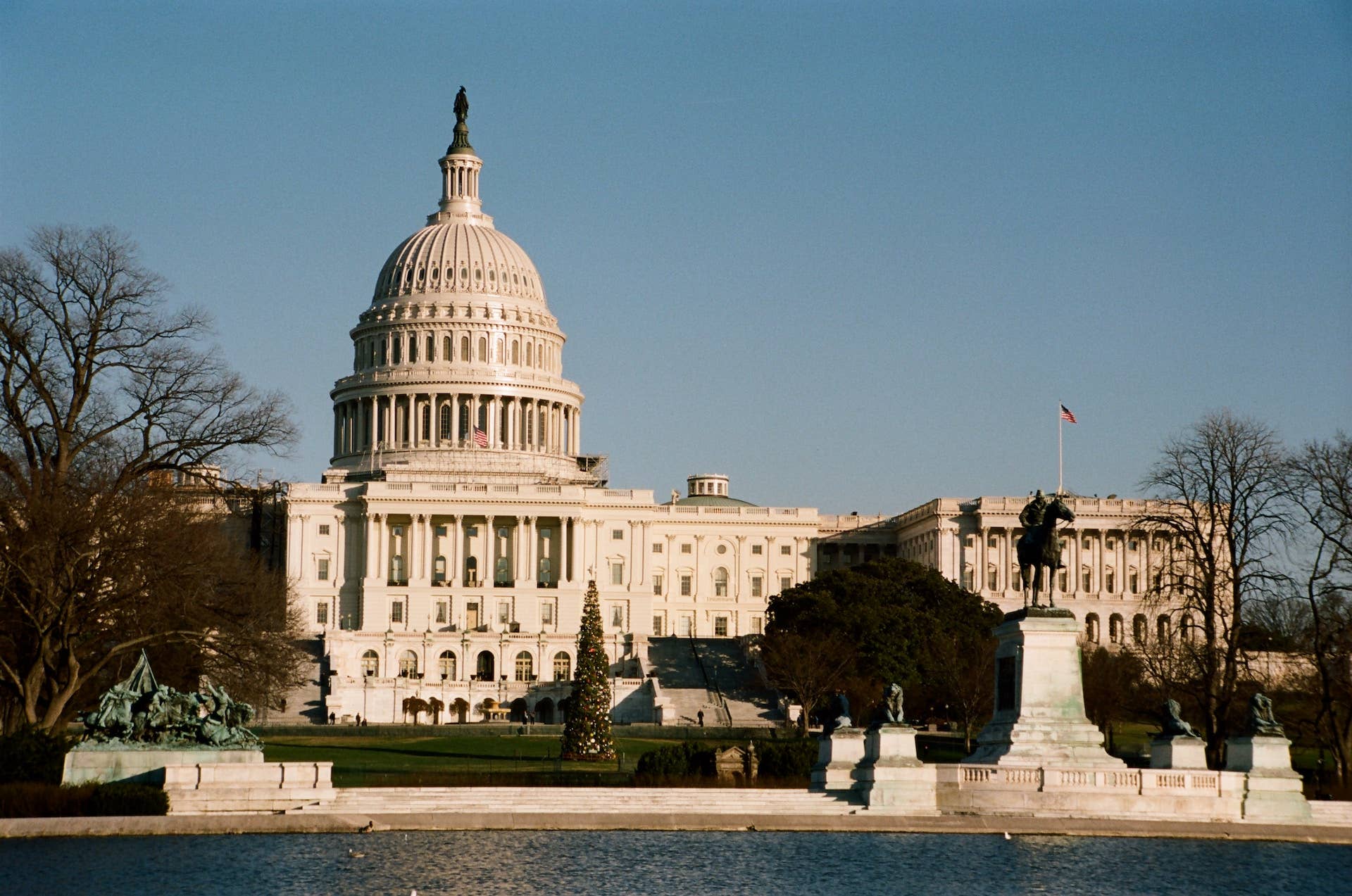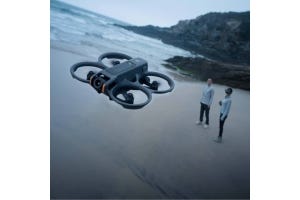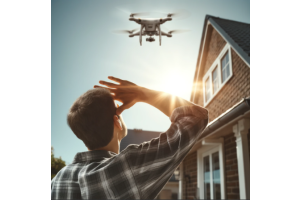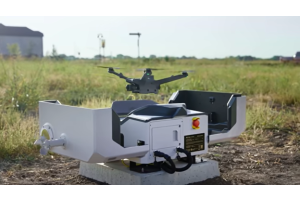
- Senators propose $100 million in grants for US-made drones
Washington, D.C. - Senators John Boozman (R-AR), Jacky Rosen (D-NV), and Richard Blumenthal (D-CT) have recently introduced a bipartisan bill aimed at harnessing the power of drone technology to inspect critical infrastructure.
The Drone Infrastructure Inspection Grant (DIIG) Act seeks to authorize $100 million in competitive grants, enabling local governments to fund the use of American-made drones for infrastructure inspections, maintenance, and construction projects.
Unlocking the Potential of Drone Technology
With its numerous benefits, drone technology has proven to be a game-changer in various sectors. From precision agriculture to law enforcement missions, drones offer enhanced capabilities and efficiency. Recognizing this potential, the senators behind the DIIG Act emphasize the importance of utilizing American-made drones to assess the safety and reliability of critical infrastructure such as bridges, railways, and roads.
According to Senator Boozman, there's no reason to overlook the drone technology produced within the United States. By leveraging this homegrown innovation, infrastructure inspections can be conducted more efficiently and effectively. Boozman cites examples from Arkansas, where drones have already demonstrated their value in preventing catastrophes and enhancing manual inspections.
Investing in Workforce Development
The DIIG Act not only focuses on expanding the use of drone technology but also recognizes the need for a skilled workforce to support this growing industry. The legislation includes provisions for investing in workforce development and educational opportunities. Research universities, such as the University of Nevada would gain access to grants for training drone operators, ensuring a competent and qualified workforce for the future.
Senator Rosen highlights the significance of using the latest technology to identify structures in need of repair as the nation implements historic investments in infrastructure. By investing in drones and workforce development, local governments can inspect their infrastructure more effectively for safety and reliability, preparing the workforce for the jobs of tomorrow.
Watch U.S. Senator John Boozman speak on the use of drones to help inspect infrastructure in a past Senate Environment and Publics Works Committee hearing here:
Advantages of the Drone Infrastructure Inspection Grant (DIIG) Act:
The DIIG Act offers several advantages to promote the use of drones for infrastructure inspections and workforce development. Some key benefits include:
- $100 million in competitive grants: The legislation authorizes substantial funding to enable local governments to access grants and invest in American-made drones for critical infrastructure inspections, maintenance, and construction projects.
- Enhanced safety and reliability: Drones provide a valuable tool for identifying structures in need of repair, helping to prevent potential catastrophes. By utilizing drones for inspections, infrastructure weaknesses can be identified more efficiently and addressed promptly.
- Increased efficiency and cost savings: Drones offer a faster and more cost-effective alternative to traditional manual inspections, reducing the need for labor-intensive and time-consuming processes. This enables infrastructure projects to proceed smoothly, minimizing disruptions and saving resources.
- Workforce development: The DIIG Act emphasizes the importance of investing in educational opportunities and workforce development programs for the drone industry. This ensures a skilled and capable workforce for operating drones, creating new job opportunities and fostering innovation in the field.
- Support for the U.S. drone industry: By prioritizing American-made drones, the DIIG Act aims to boost the domestic drone industry and reduce reliance on foreign manufacturers. This investment strengthens the U.S. drone market, attracting capital, investment, and talent, and fostering economic growth.
The DIIG Act represents a significant step towards leveraging drone technology for infrastructure inspections while simultaneously investing in the workforce required for this rapidly expanding field. Through competitive grants and a focus on American-made drones, the legislation aims to enhance safety, efficiency, and the overall development of critical infrastructure nationwide.


Drone flying over a construction site at the Miami Worldcenter, in Miami. Source: New York Times
Michael Robbins, Chief Advocacy Officer at the Association for Uncrewed Vehicle Systems International (AUVSI), emphasizes that drones are increasingly becoming indispensable tools for critical operations, particularly in infrastructure inspections. As technology continues to advance, the role of drones in such operations is expected to expand even further.
The DIIG Act aligns with the vision of supporting the drone industry and workforce, ensuring the United States remains at the forefront of aviation leadership and technological advancements.
With the introduction of the DIIG Act, senators Boozman, Rosen, and Blumenthal seek to provide state and local inspection officials with the necessary resources to keep the nation's infrastructure and communities safe. By investing in drone technology and training the next generation of skilled operators, the bill offers a holistic approach to upgrading infrastructure, enhancing safety, and creating new opportunities for economic growth.





